As writers, we focus on making the intangible tangible. We strive to describe things that have never really been successfully described—emotions with definitions completely subjective to the individual emoting them, yet still somehow universal. To some, love might mean “never having to say you’re sorry.” Someone like me would amend that to something like, “love means saying you’re sorry when you mean it and not giving a damn what it does to your pride.”
As an editor, I see manuscripts from authors who have a killer story that falls completely flat due to lack of character. It’s the difference between the original Star Wars trilogy and the travesty that was the prequel films. Unlike the first films, many viewers didn’t care for the characters because they weren't complex or well-written. If they cared at all, it was because they were instructed to.
RedLetterMedia released three crushing multi-part vlog reviews of the prequel films that completely dismantled the protest of any apologist. One of the ways RLM demonstrated the inferiority not only as a part of a once golden franchise, but a movie at all, was asking fans to describe a character by their personality rather than appearance. For Luke Skywalker, Han Solo, and Leia Organa, this was a piece of cake. For Anakin Skywalker, Qui Gon Jinn, or any of the other prequel characters, it was near impossible…without putting some thought into it.
I’ve heard people complain about the acting in the prequel films, and in so, casting the script as a secondary problem. Liam Neeson a bad actor? Natalie Portman? Ewan McGregor? Hayden Christianson has been remarkable in some roles. Perhaps he wasn’t the best fit, but an actor is only as good as his script. Natalie Portman is a phenomenal actor, and anyone who thinks otherwise should go check out Black Swan.
It’s all in the writing.
The key element of the prequel films is betrayal. At the end, Obi Wan is screaming at a dying Anakin, telling the audience how he feels rather than showing it. And because he feels this way, we should as well. In the next scene, though, he’s just fine. Betrayal is something you can’t shake off, especially if it’s done at the hand of someone close to you. In my experience, it’s hollow and sad with little shocks of anger here and there, but really more just a blanket of nothing. It has left me uncomfortably numb—much more like Harrison Ford’s reaction at the killer’s identity in The Fugitive. If you’ve seen that movie, you know what I’m talking about.
No matter the genre—the fact that this particular example came from a science fantasy film notwithstanding—the power of story is the ability to make the most outrageous scenarios accessible to the audience. It doesn’t matter where the story is set or what it involves; a good writer will make it a human story. So look at your writing. Look at the language you use when describing love, sadness, loss, joy, excitement, betrayal, and so on. Ask your friends if they feel the intended emotion, or if they just know it’s there. Knowing and mastering the difference will only strengthen you as an author.
Monday, February 6, 2012
Subscribe to:
Post Comments (Atom)
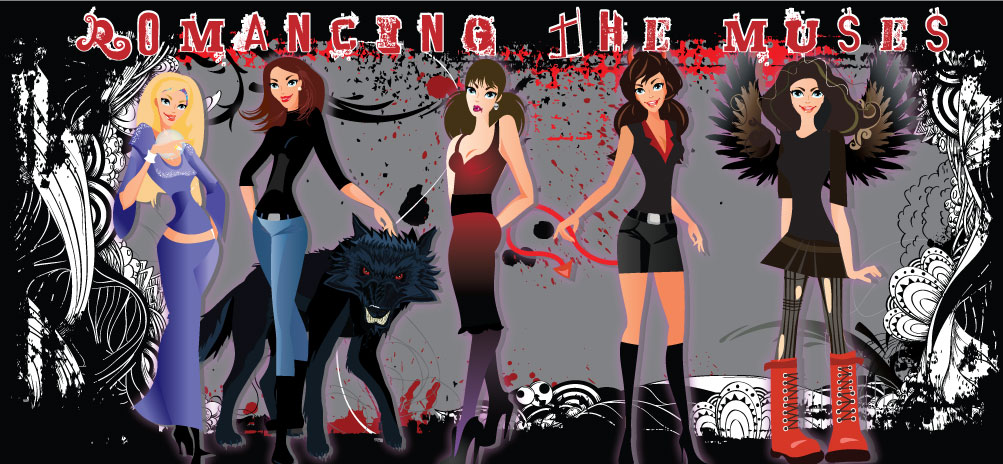
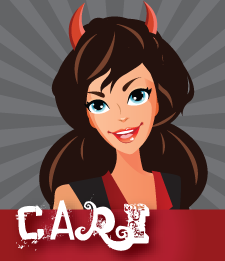
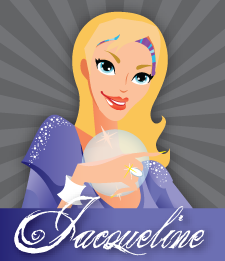

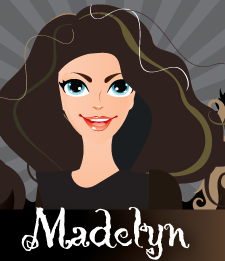
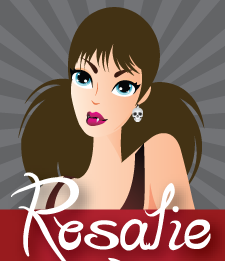
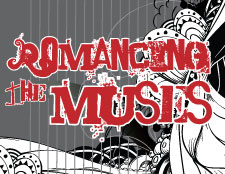



0 comments:
Post a Comment